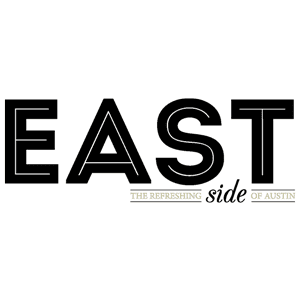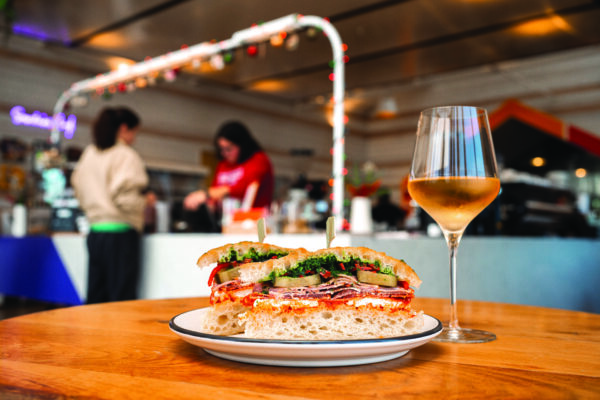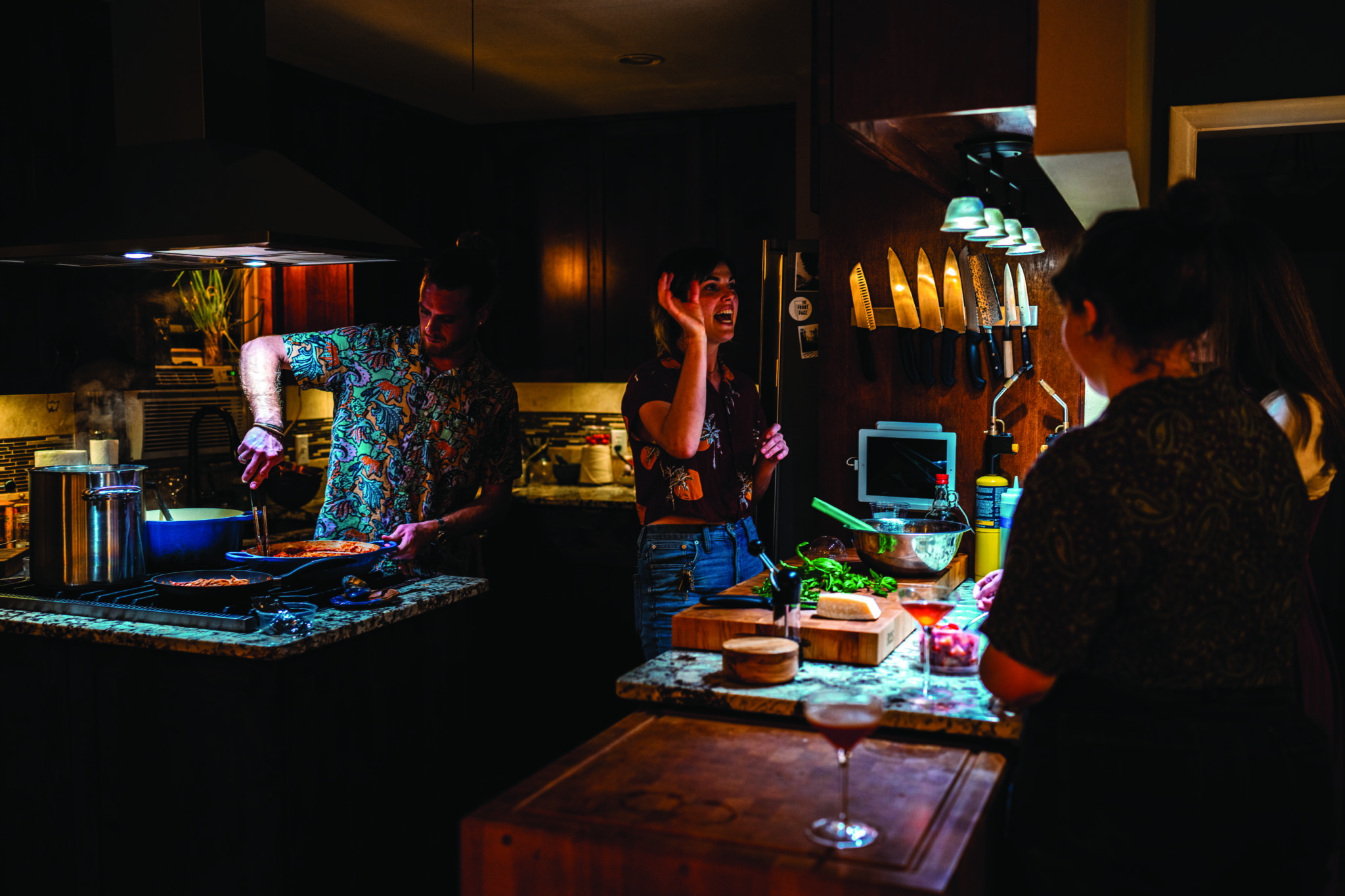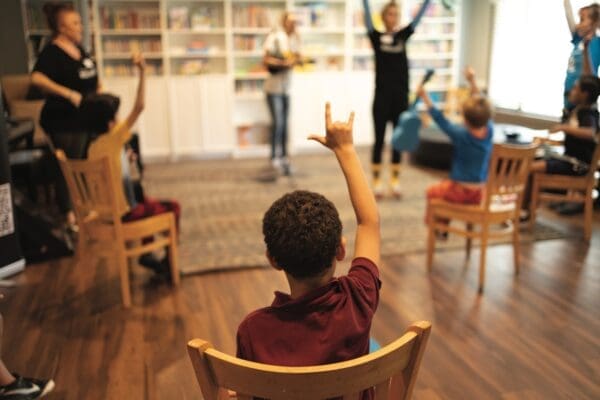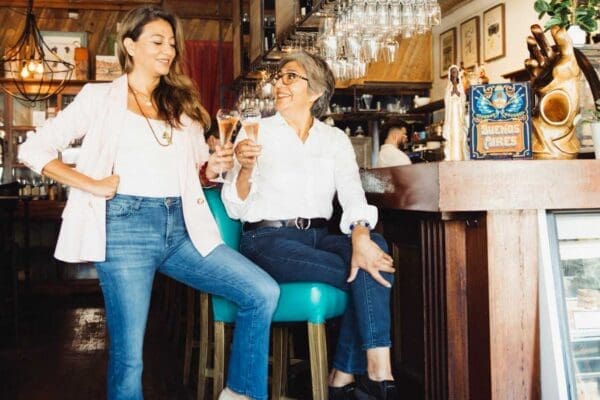Disabilities as Diversity {VELA}
How One Nonprofit is Helping Families Navigate What Comes After a Diagnosis
Words by Sommer Brugal Photos Courtesy of VELA
For most families, navigating the ins and outs of a medical diagnosis, deciding on a treatment plan that raises more questions than answers, and assuming they’ll be able to navigate an often-confusing healthcare system or special services system can be overwhelming once armed with a new diagnosis. It becomes a challenge fit for a special ops team, and sadly, many parents (or caretakers) walk away feeling even more lost though they’ve been given an answer.
For parents of children living with disabilities, the many unknowns about a child’s diagnosis and what it means moving forward can be downright daunting.
That’s where VELA steps in. The Austin-based nonprofit was formed out of community need to ensure English- and Spanish-speaking parents of children with disabilities were equipped and empowered to make informed decisions for their families.
Their main goal is to ensure equity, so all children have the same opportunities.
“When your child is given a diagnosis, you’re given either no information or an excessive amount of paperwork that has so much vocabulary that’s new to you,” says Maria Hernandez, VELA’s executive director and founder. “The expectation,” she adds, “is that somehow you’ll figure out how to navigate what questions to ask, what services to push for and that you’ll be comfortable signing things without really knowing what you’re doing.”
VELA works primarily with underserved populations and families; about 85% of the families the organization serves use Medicaid or other public benefits. That means many families are not only navigating a disability but perhaps a cultural or language barrier also, which prevents some from accessing the necessary services and support children living with disabilities need from a young age.
Since the organization’s founding in 2010, it has grown from a small team of volunteers to eight staff members, serving more than 1,800 families last year alone.
After a diagnosis is made, families are connected with healthcare providers, social service agencies, or word-of-mouth referrals. Then families can choose to participate in one or all of VELA’s programs. The three central programs include monthly support groups, educational courses, and one-on-one case management. No matter what they choose, families can always come back to continue building on the relationships they’ve established. “We never close [a family’s] case,” she says.
“When the COVID-19 pandemic hit, the organization began offering virtual courses and support groups. It was always part of the plan, but the immediate need caused by the pandemic expedited the process, and the response has been incredible,” Maria says.
VELA has been able to reach more families simply by removing everyday barriers such as transportation. Even as the city returns to in-person activities, they plan to continue offering virtual programming for families.
Another way VELA will continue expanding its reach is by growing its relationships with healthcare partners. Their goal is to be part of what happens right after a child is diagnosed with a disability. “We want to provide more preventative support instead of [being] reactionary,” she says. The latter “is a much harder thing to come back from.”
Community Impacts
Part of Maria’s hope is that people start seeing disabilities as diversity. It’s something that impacts the entire community, not just one individual or one family. That’s why she encourages families who aren’t affected by disabilities to talk to their children anyways. Families can choose books that include characters living with a disability.
“We talk about diversity, but sometimes we forget that disability is a part of diversity,” she encourages. As families begin to create consciousness around diversity and race, they should be asking how they can do the same for disability.
Contact:
(512) 850-8281
4900 Gonzales St.
velafamilies.org
